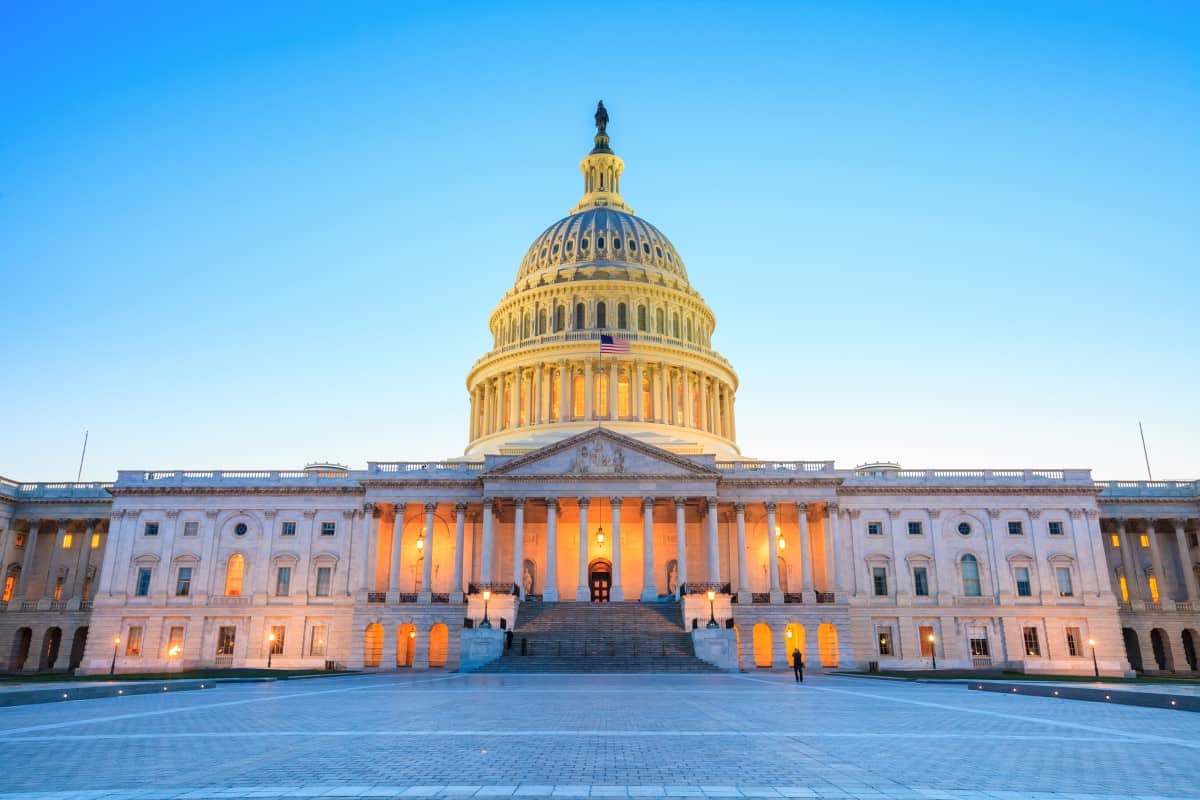Home Equity: A Silver Lining for Older Homeowners, Yet a Grim Outlook for the Majority Without Homes

A vast majority of homeowners over 60 have not just formed deep attachments to their homes; they see these spaces as more than just bricks and mortar. For many, their home equity represents a critical financial safety net, underpinning their confidence in a secure retirement. With nearly 80% homeownership in this demographic, a significant number are planning to age gracefully in the comfort of their own homes, banking on a well-thought-out financial strategy for their golden years based on a research study conducted by Fannie Mae.
Confident in Their Retirement Finances

72% believe they’ll have sufficient income throughout their golden years. This confidence tends to increase with age. However, homeowners facing economic challenges show less optimism, with only 55% feeling confident about their financial readiness for retirement.
Little Interest in Tapping Into Home Equity for Retirement Income

Only 15% are open to leveraging their home’s equity for additional retirement funds, a sentiment echoed by economically disadvantaged homeowners. The primary reasons for refraining from tapping into their home’s equity were twofold: firstly, the absence of a requirement for additional funds during retirement, and secondly, a preference for owning their homes outright without any debts to the bank.
Majority Plan To Age in Place

56% intend to never sell; 27% consider selling in the future; and merely 17% have sold or plan to sell their residences. Those retirees who have sold cite various motivations, such as relocating to a more suitable home, financial benefits like lower taxes or housing costs, the desire to be nearer to family and friends, or the pursuit of a warmer climate.
Emotional Commitment to Their Home

Numerous older homeowners experience a sense of emotional and financial commitment: Their reluctance to relocate stems from a deep affection for their home, pride in having paid off debts (including mortgages), active participation in their community, and familiarity with local services.
Leave a Legacy for Their Children

A significant 62% expressed their aspiration to pass down their homes to heirs, suggesting that many consider their residences a crucial part of their legacy—an emotional and financial motivation to remain in their homes. Additionally, nearly half acknowledged that their home’s equity serves as a financial safeguard for unforeseen expenses, encompassing potential emergencies like significant healthcare costs, assisted living, or substantial home repairs, although the survey didn’t explicitly define these situations.
Trust & Will provides state-specific trusts for the protection and transfer of your most important financial assets. You can also nominate legal guardians for your children to make sure they are looked after by someone you know and trust, in case something happens to you.
Modest Interest in Loan Products for Home Improvement

Despite a general reluctance towards debt, there is a mild inclination towards utilizing loan products for home improvement. Additionally, almost half of the respondents would be open to a home-maintenance/repair service tailored for retirees at a more affordable rate. This marked the highest interest level among various programs and services surveyed, with 26% expressing interest in a home improvement loan and 48% keen on a cost-effective home-maintenance/repair service.
Open to Retirement Advice

More than a third are receptive to retirement guidance, with 38% expressing openness to receiving advice. Notably, younger homeowners exhibit a higher willingness, with 43% of those under the age of 65 being receptive, compared to 33% of those over 80 years old.
Over 60% of seniors regret not saving more for retirement in their younger years, and a notable distinction emerges between mortgage holders (68%) and outright owners (56%) in this regard.
Related Article: How To Invest
Concerned about Inflation, Healthcare Costs, and Assisted Living Costs

Older homeowners have voiced heightened apprehension about inflation and the financial and health challenges linked to aging. The escalating expenses of assisted living, compounded by inflation, could be influencing their inclination to age in place. Staying put allows them to exert more control over costs, leveraging their familiarity with the community and their home. With a robust grasp of current expenses, these homeowners are well-positioned to manage and potentially curtail costs as needed.
Securing Retirement Dreams with Home Equity

The Congressional Budget Office projects that the Social Security Old-Age and Survivors Insurance (OASI) trust fund will run out of funds by 2033, coinciding with the moment when individuals currently aged 58 reach the official retirement age and the youngest of today’s retirees hit 71. Consequently, all recipients will experience an automatic 25 percent reduction in benefits, irrespective of their age or financial situation.
It is not surprising that Americans feel concerned about relying on Social Security and Medicare in their old age. The paid off home will provide hope for some Americans who can tap into their home equity in the worst case scenarios.
Uncertain Future for Americans Who Don’t Own Their Homes

The Fannie Mae survey focused exclusively on homeowners. On the bright side, majority of the homeowners do not need to rely on home equity for retirement income. Unfortunately, for the vast majority of Americans who do not own a paid-off home, the future looks bleak. High inflation coupled with Social Security and Medicare trust funds running out of money, could result in a majority of Americans needing to work beyond the retirement age.
Like Financial Freedom Countdown content? Be sure to follow us!
11 Low-Stress Retirement Jobs to Keep You Happy and Healthy

After working so many years, it feels great to be able to retire. All those years playing with the best retirement calculators and planning how to retire early have finally paid off. So many plans, like travel, relaxing, working in the yard and doing other things you’ve put off for years. But after a while, many retirees get bored. Getting a job after retiring is a great way to stay active physically and mentally. Most retirees want to stay stress-free while still working at a new job. Retirees have a lot of knowledge and skills to offer. There are many low-stress jobs that retirees can do. Thankfully, some of the best low-stress jobs are some of the more exciting jobs a retiree can do. Before we jump into the list of retirement jobs, there are 5 benefits of finding a low-stress job for retirees.
11 Low-Stress Retirement Jobs to Keep You Happy and Healthy
Why 1 in 5 Retirees Are Returning to Work? The Surprising Reasons Behind the Unretirement Wave

In recent years, the concept of retirement has begun to evolve beyond traditional expectations of leisure and relaxation. A surprising trend has emerged, reshaping our understanding of work and retirement’s roles in life’s later stages. As this phenomenon unfolds, we’re left to wonder: What’s drawing so many retirees back into the workforce?
Why 1 in 5 Retirees Are Returning to Work? The Surprising Reasons Behind the Unretirement Wave
The Feb 2024 CBO Report Unveils a Dire Path Ahead for the U.S. Economy and National Budget

The Congressional Budget Office (CBO) performs nonpartisan analysis for the U.S. Congress. The latest Budget and Economic Outlook released February 2024, offered projections for the country’s fiscal and economic landscape over the upcoming decade. This recent update, building on the May 2023 baseline, incorporates the effects of new legislation and executive decisions, alongside changes in inflation, immigration, interest rates, and economic growth patterns, among other variables.
The Feb 2024 CBO Report Unveils a Dire Path Ahead for the U.S. Economy and National Budget

John Dealbreuin came from a third world country to the US with only $1,000 not knowing anyone; guided by an immigrant dream. In 12 years, he achieved his retirement number.
He started Financial Freedom Countdown to help everyone think differently about their financial challenges and live their best lives. John resides in the San Francisco Bay Area enjoying nature trails and weight training.
Here are his recommended tools
M1 Finance: John compared M1 Finance against Vanguard, Schwab, Fidelity, Wealthfront and Betterment to find the perfect investment platform. He uses it due to zero fees, very low minimums, automated investment with automatic rebalancing. The pre-built asset allocations and fractional shares helps one get started right away.
Personal Capital: This is a free tool John uses to track his net worth on a regular basis and as a retirement planner. It also alerts him wrt hidden fees and has a budget tracker included.
Streitwise is available for accredited and non-accredited investors. They have one of the lowest fees and high “skin in the game,” with over $5M of capital invested by founders in the deals. It is also open to foreign/non-USA investor. Minimum investment is $5,000.
Platforms like Yieldstreet provide investment options in art, legal, structured notes, venture capital, etc. They also have fixed-income portfolios spread across multiple asset classes with a single investment with low minimums of $10,000.




